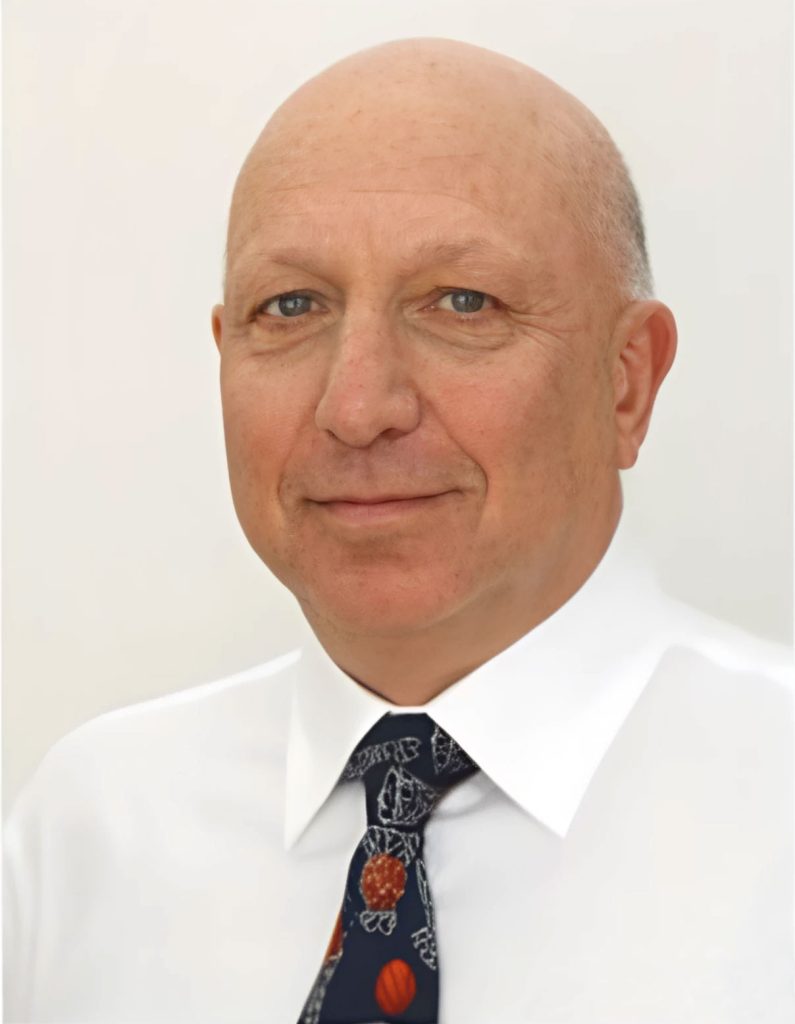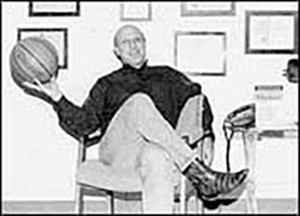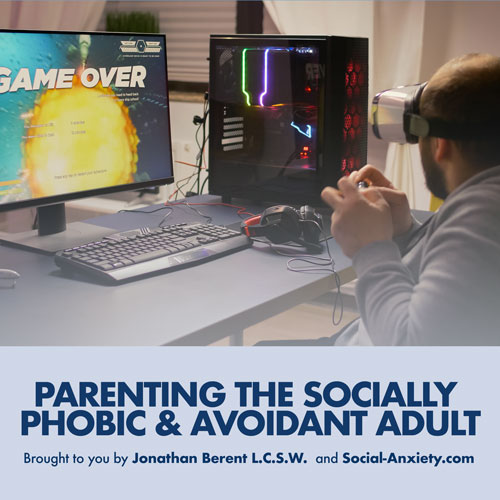The Premier Resource for
Resolving Social Anxiety Disorder
Self Help Books & Programs

Clinical Interviews
Explore real clinical interviews showcasing social anxiety recovery through The Berent Treatment Methodology.

Therapy Available Worldwide Online

Podcasts
Parenting The Socially Phobic & Avoidant Adult
- The Key to Understanding
Social Anxiety Treatment
An Introduction from Jonathan Berent
15 minutes to change your life
Investing in treatment for social anxiety and related problems is a huge topic that has a ton of angles. While social anxiety is a major mental health challenge impacting millions, the disorder has proven to be a major challenge for the mental health community. The primary reason is that social anxiety is driven by the underlying emotions of shame, embarrassment, and humiliation. Most sufferers do not seek help, making it the quintessential “disease of resistance.” The information on www.socialanxiety.com is the result of psychotherapist Jonathan Berent’s clinical experience since 1978, which includes the treatment of literally thousands of patients of all ages.

The Most Evidence Based Clinical Success for Social Anxiety Since 1978
Areas of Concern
- Ask Jonathan
Read a collection of questions shared by our readership community about a wide variety of aspects of social anxiety
Think you may have social anxiety?

Jonathan Berent, L.C.S.W., A.C.S.W

SocialAnxiety.com, has served millions of unique visitors as a multimedia clearinghouse for patients, parents, and fellow mental health professionals in search of articles, educational materials, and books on social anxiety and related subjects. His library of clinical interviews appears to be the most documented clinical success with social anxiety.
- Featured Podcasts
Listen to Our Latest Episodes
Explore podcasts dedicated to understanding and overcoming social anxiety. Featuring expert insights and real-life experiences, these episodes cover topics like parenting socially avoidant adults, conquering public speaking anxiety, and managing the fear of being noticeably nervous. Gain valuable strategies and guidance to navigate social challenges and build confidence in everyday life.
Public Speaking Anxiety & Fear of Being Noticeably Nervous: Mind Surgery for High Performers

Important News & Updates
Social-Anxiety.com
We explore the complexities of social anxiety with renowned psychotherapist Jonathan Berent. We delve into two contrasting cases: a high-achieving physician facing
Psycho-physiological Therapy for Public Speaking Anxiety & Fear of Being Noticeably Nervous Public speaking anxiety is the #1 phobia which is often
Modern technology and a perfectionist culture may increase the risk We all need moments of solitude, but people are primarily social creatures. Connecting with others gives us a sense of
Millions Experience Public Speaking Anxiety In the Form of Erythrophobia, Hyper-hidrosis and Voice Paralysis Jonathan Berent, L.C.S.W., pioneering therapist and author, offers a new and continually growing library of unique
Since 1978 The Berent Treatment Method has adapted therapy to the specific needs of social anxiety sufferers rather than try to fit the disorder into the narrow confines of an
The Perfect Storm of Anxiety Builds Momentum in the Educational System Although anxiety disorders are the most common mental illnesses in the United States most suffers do not receive help.
Jonathan Berent, L.C.S.W., author of “Beyond Shyness” (Simon & Schuster) and “Work Makes Me Nervous” (Wiley) has identified technology compulsion as the gateway to an alternate reality for individuals of
GREAT NECK, NEW YORK The pressure to socialize between Thanksgiving and The New Year is great. While many party, millions afflicted with social anxiety suffer in silence. The thought of



